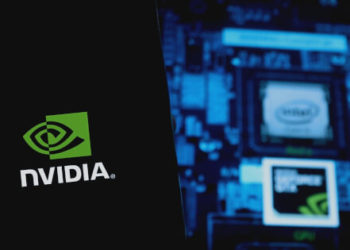Layer-1 blockchain technology Injective, which was established in 2018, has announced the introduction of a $150 million ecosystem fund to help developers that are developing on the Cosmos network.
The so-called ecosystem group is supported financially by a large consortium of venture capital and Web3 companies. These companies include Pantera Capital, Kraken Ventures, Jump Crypto, Kucoin Ventures, Delphi Labs, IDG Capital, Gate Labs, and Flow Traders.
According to Injective, the consortium has amassed the most members out of all those that have been formed inside the greater Cosmos ecosystem.
According to Injective, developers who are chosen for the fund will get help in the form of “bespoke token and equity investments”, in addition to mentoring, technical assistance, business growth, and marketing.
The greatest attention will be given to projects that are developing decentralised financial infrastructure (DeFI) and interoperability infrastructure.
The construction of trading platforms, scalability solutions, and proof-of-stake infrastructure are all initiatives that will benefit from the allocation of these funds “
In terms of stage, the organisation is generally interested in early-stage enterprises (seed to Series B), but it is open to the possibility of considering follow-on investment on an individual basis as well.
The amount of financing that is granted to each project will vary according to the stage it is currently in and the requirements it must meet in order to achieve the overall aim of ensuring that each project is successful.”
Injective is a decentralised smart contracts platform that was constructed using the Cosmos SDK, which is a development kit that encourages speedier and more cost-effective infrastructure than Ethereum. Injective is also known as the Injective Protocol.
According to Chen, in comparison to other blockchains, Cosmos has more adaptability, opportunities for customisation, and horizontal scalability.
According to CoinMarketCap, Cosmos is the 20th biggest blockchain network due to its market value of over $3.7 billion.
The term “decentralised finance” first appeared in public discourse in the summer of 2020, at the same time when a number of noteworthy projects initiated a bull market in cryptocurrencies not long after Bitcoin’s quadrennial halving.
Even though decentralised finance (DeFi) activity has slowed down over the course of the last year, the industry as a whole has been mostly immune to the problems that have been afflicting centralised finance (CeFi) platforms.
According to Chen’s additional explanation, “the decentralised structure of DeFi protocols provides for better transparency and actual control over assets,” which will always be a fundamental benefit over centralised finance.
Credit: Source link













































